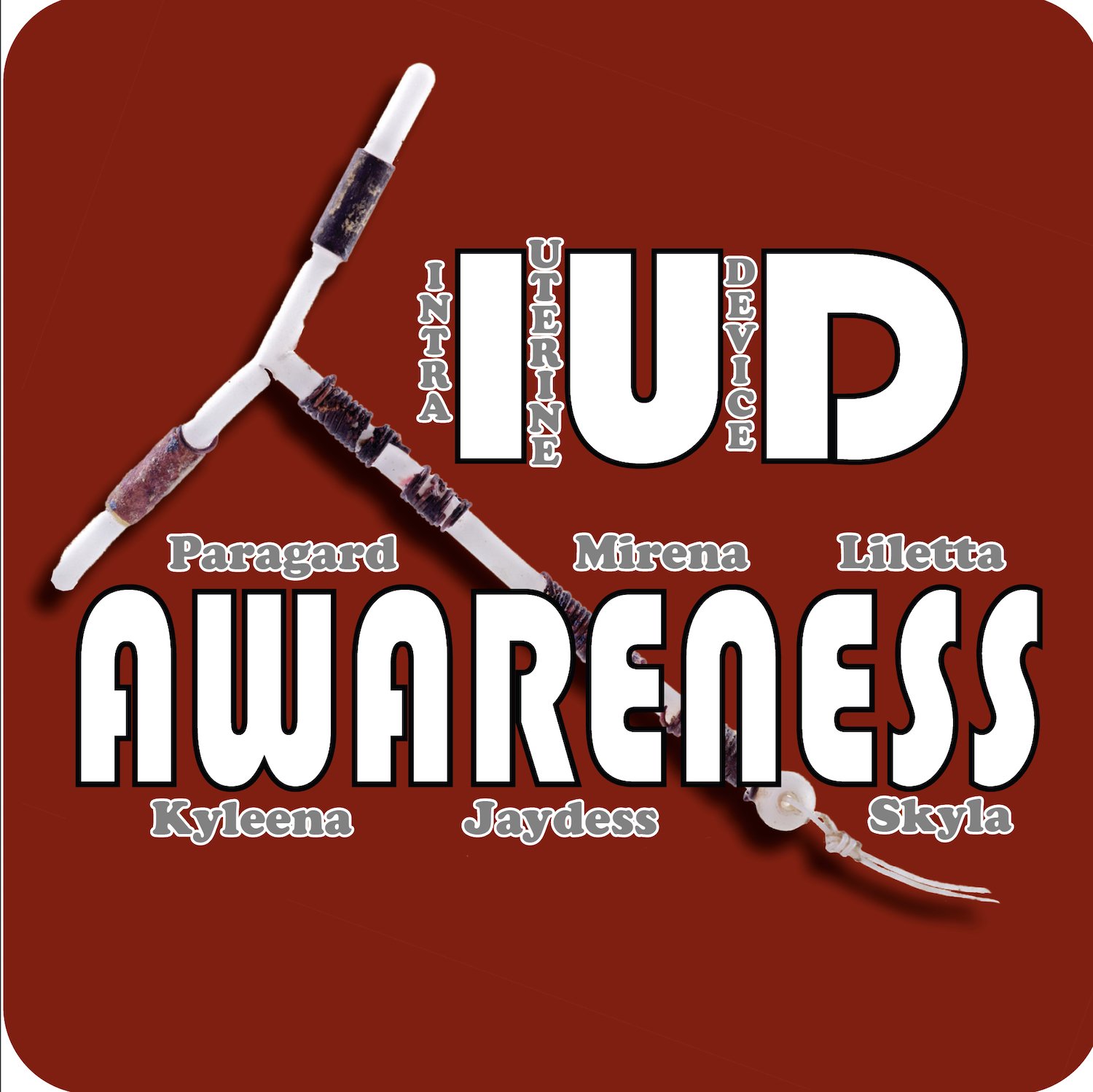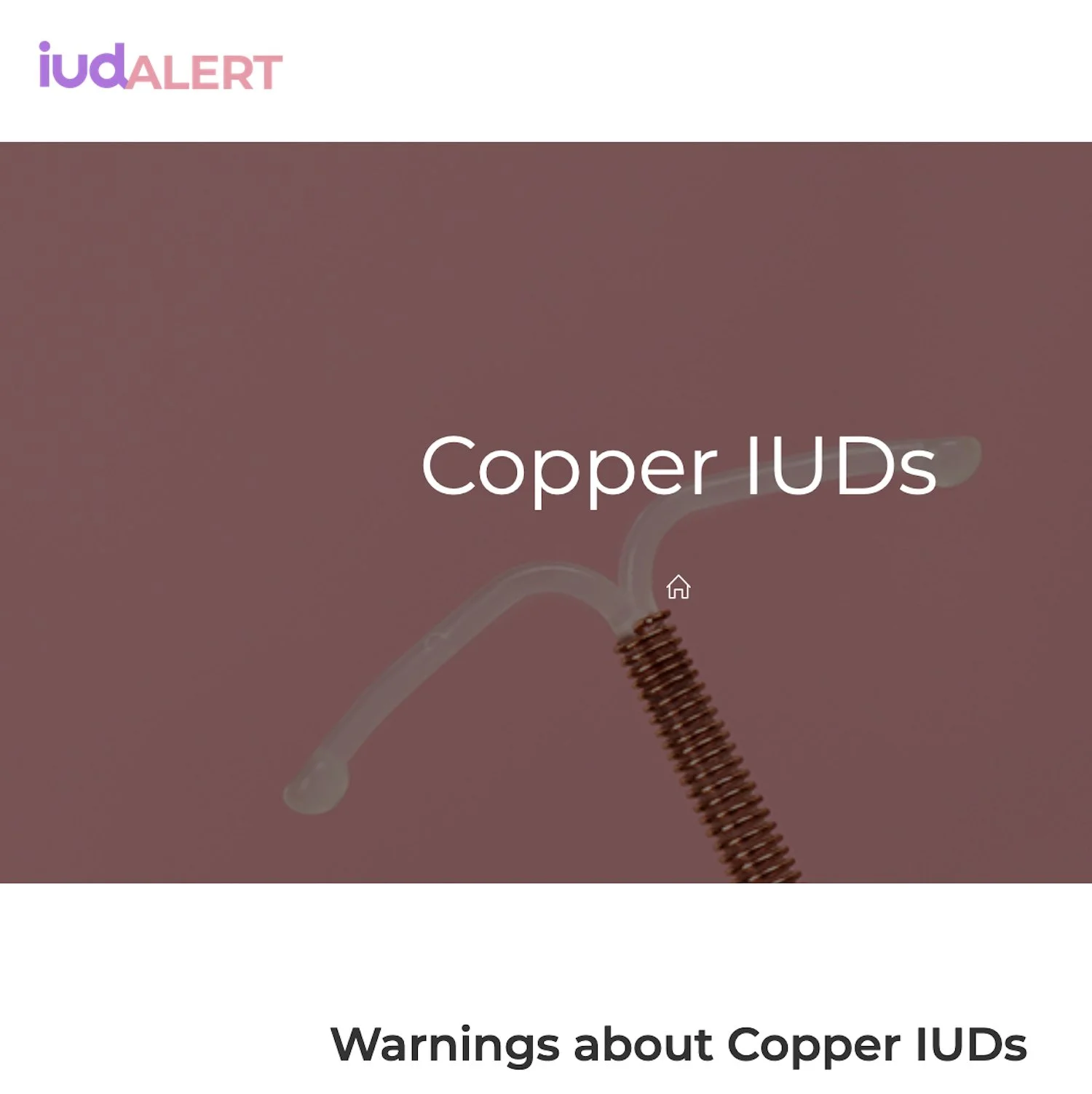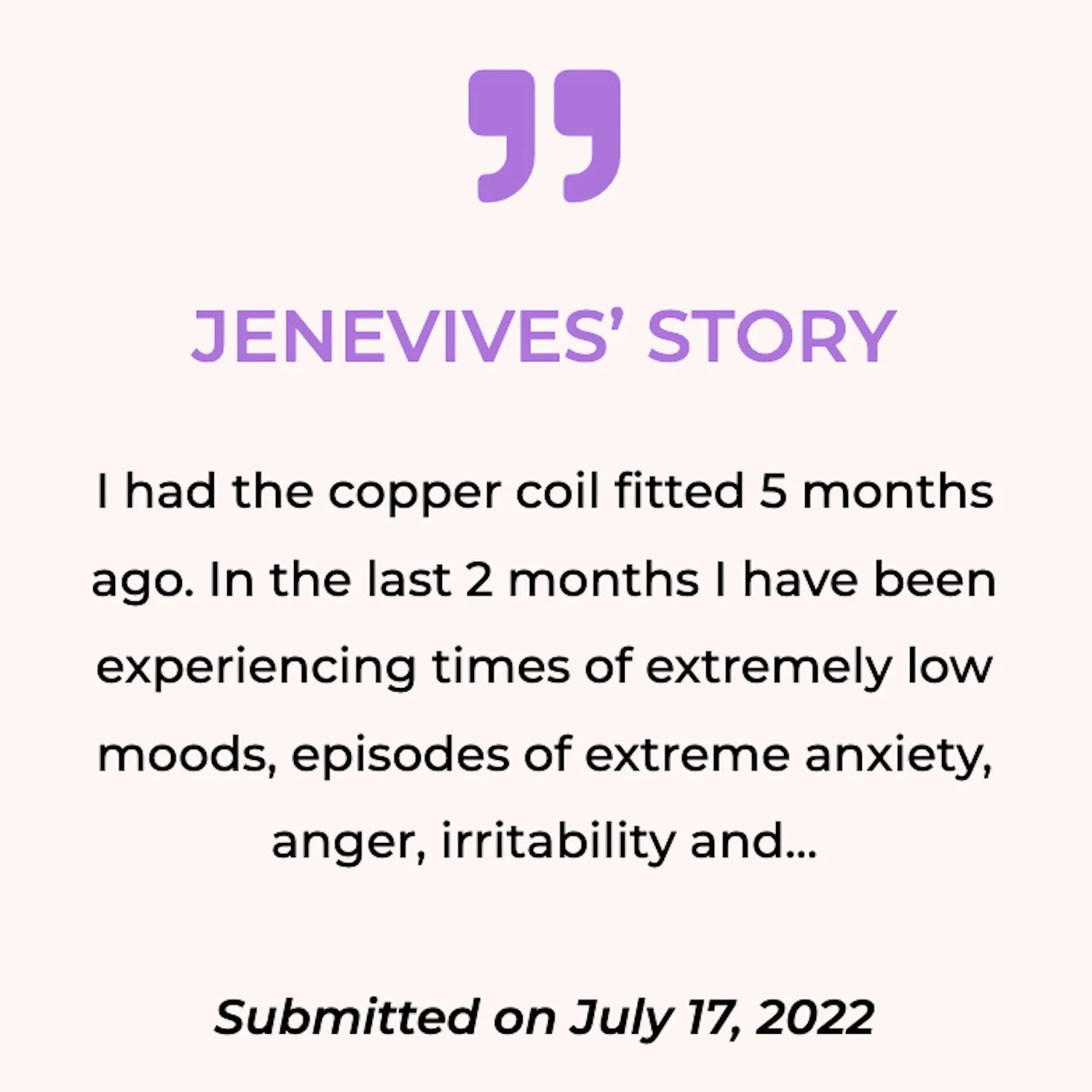The Link Between IUDs and Depression That We Need To Talk About
/ Internet Link“My OB-GYN was just as enthusiastic about my decision as I was; I had the IUD implanted 20 minutes after my initial consultation. But in the weeks following my birth control switch, I felt decidedly less enthusiastic. Besides the bloating, acne, and slight mustache that had sprouted on my upper lip (true story), I fell into a deep pit of depression. I blamed my constant state of general blah-ness on a recent move, job drama, and the stress of planning my upcoming wedding…but after months of living under this heavy haze with no end in sight, I started to wonder, was my IUD causing my depression?
Can hormonal IUDs actually cause depression?
In short, yes. “A 2016 study of over a million women in the the Journal of the American Medical Association revealed that progestin-only contraceptives, like the IUD, were associated with a higher risk of depression,” reveals Dr. Jolene Brighten, a Functional Medicine Naturopathic Medical Doctor and the author of Beyond the Pill. This isn’t exactly an uncommon side effect, either. “Some studies have stated that progestin intrauterine devices (IUDs) were shown to nearly triple the number of both depression diagnoses and antidepressant use among young women [as compared to those not on birth control],” Dr. Jessica Shepherd, an OB-GYN and women’s health expert, tells Blood and Milk.”
“The link between IUDs and depression is real, but often ignored.
If you Google “IUDs and depression,” over 5 million search results prove that people are talking about it. But why aren’t doctors and OB-GYNs talking about it with their patients? Why wasn’t I told that my whole localized-hormones-must-be-better theory didn’t check out? Why wasn’t I asked, “Do you have a history with depression or anxiety?” before being implanted with a one-inch piece of plastic that had the potential to turn my world upside down? Yes, it turns out that women with a history of mood disorders have a higher likelihood of developing IUD-induced depression.
“From what is understood in the research, women with a personal or family history of depression or other mood disorders are more susceptible to experiencing these side effects with hormonal contraceptives, including the progestin-based IUD".”Dr. Brighten shares. Dr. Shepard even goes so far as to say that women with significant depression “are not ideal candidates for the hormonal IUD.”
One reason OB-GYNs may not be addressing this issue? “The package insert on the Mirena states that only around 5 percent of women in clinical trials have depressive mood and nervousness as a side effect,” Dr. Brighten says—in other words, not a significant percentage. “But that doesn’t account for what happens in the general population,” she adds, citing that outside of control groups, the adverse effects of Mirena and other hormonal IUDs may be more widespread than we think.
“Sadly, women are often dismissed in medicine when it comes to mood symptoms,” Dr. Brighten admits; so those who do take these concerns to their OB-GYNs may not be taken seriously. That’s precisely what happened to me when, after doing some independent study and concluding that my IUD was messing with my mood, I confronted my doctor. “It’s in your head,” he said, with a smile and a wave of his hand. “This is just stress from the wedding.” Needless to say, I booked it out of his office (and maybe kind of cursed him out just a little bit) and set up an appointment with a new OB-GYN, who respected my decision to have the IUD removed.”






































March 25, 2023
Nutritional Balancing